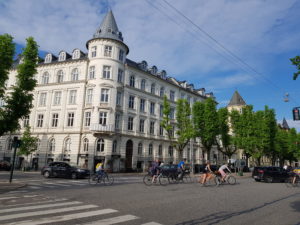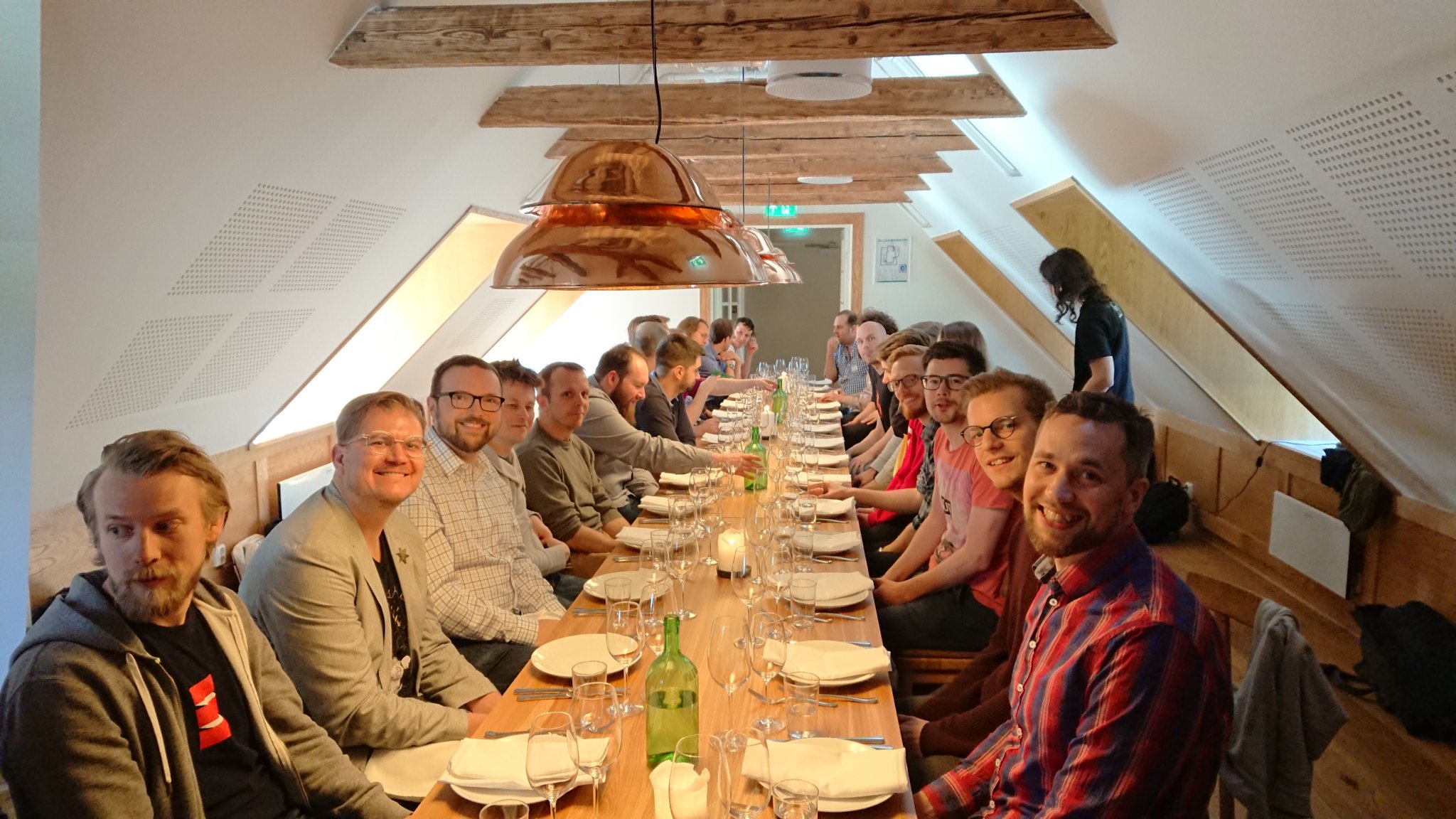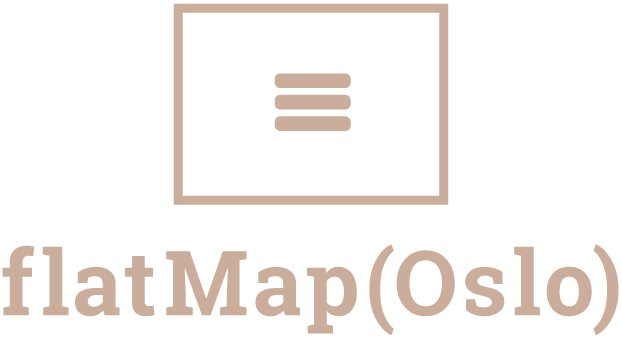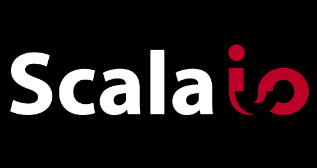I really like conference driven development, where you choose an interesting subject, submit it to a conference and you are forced (in a good way) to get a much deeper understanding of the topic to make it into a interesting session. I presented ‘Scala for Java Developers’ at DevSum 2018 which is based on my journey into Scala from C# that started when I joined SpeedLedger about one and a half years ago. Now when I’ve gotten more Scala experience I’m thinking about new interesting topics that I can share. Before, I’ve always had purely technical sessions but I’m thinking of changing that. We are starting a new initiative where we are going to work more like a startup. This is to create a much faster delivery pace of many small MVP’s that we will try out with our customers and then keep developing the ideas that show potential. This will affect both technology choices and process. If you went to a conference would you have visited a session about this?
I’m already trying to get into the right mindset by gaging interest in idea before investing more time in making an abstract and preparing a conference talk. I believe we’re about to engage in a very interesting and rewarding journey over the coming years.






Recent Comments